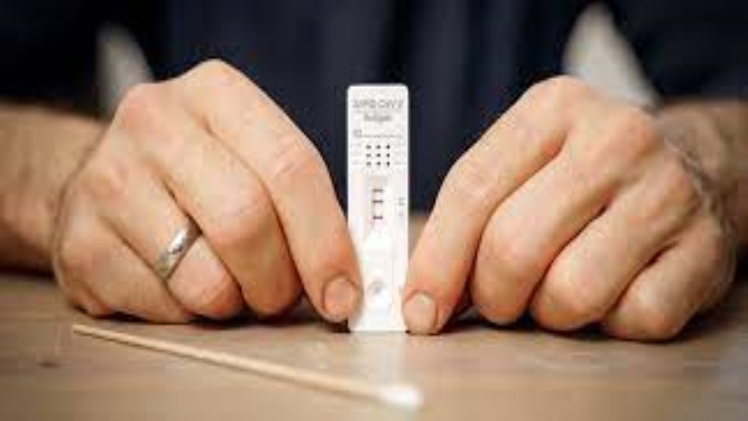If you have tested positive for COVID-19, the most important thing to do is to self-isolate to reduce the spread of the virus. But once you’ve been in isolation for seven days, can you leave?
Isolation After a Positive Test
It is essential to self-isolate if you have tested positive for COVID-19. This means staying at home and away from other people, including those you live with, for at least 10 days. During this time, you should not leave your home, even to go to the grocery store or pharmacy.
If you have any symptoms of COVID-19, you should isolate for at least 10 days after your symptoms first appeared. If you don’t have any symptoms, you should isolate for 10 days from the date of your first positive test.
Leaving Isolation After 7 Days
If you have been in isolation for seven days, you may be able to leave if you still test positive. However, you should be aware that you will still be contagious and able to spread the virus to others.
The Centers for Disease Control and Prevention (CDC) recommends that people who have tested positive for COVID-19 should continue to isolate for at least 10 days, even if their symptoms have improved.
If you are leaving isolation after seven days, you should continue to practice physical distancing and wear a face covering. You should also be aware that you may still be contagious and should take extra precautions to avoid spreading the virus to others.
If you have tested positive for COVID-19, it is essential to self-isolate for at least 10 days. If you have been in isolation for seven days, you may be able to leave if you still test positive, but you should continue to take extra precautions to avoid spreading the virus to others.

